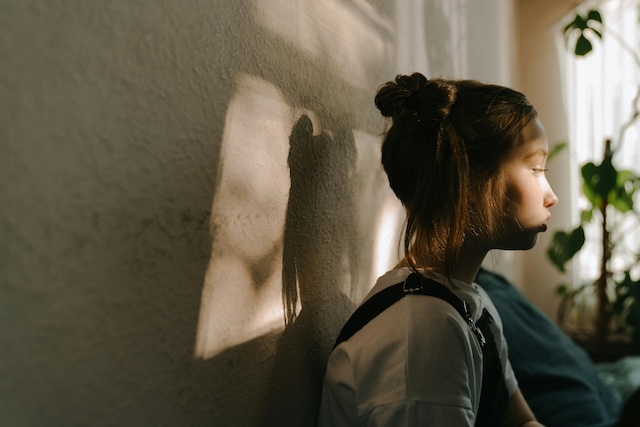
The Biden Administration is hurrying to finalize regulations around some of its most ambitious plans. During just two days in April, government agencies issued rules banning non-compete clauses for nearly all employees, expanding mandatory overtime, and tightening guidelines for coal-fired powered plants. More rules — around issues from dishwasher efficiency to marijuana’s legal classification — are expected soon, in an effort to beat a late May deadline that will insulate them from reversal by Congress.
Unfortunately, the Administration’s proposal to finally enforce mental health coverage requirements does not appear to have made the list. This is especially bad news for kids.
Last summer, the Biden Administration proposed strengthening enforcement of the Mental Health Parity and Addiction Equity Act. Enacted in 2008, the law says that insurers must provide the same access to mental health and substance misuse services as they do to medical and surgical services. For more than 15 years, insurance companies have steadfastly ignored these requirements.
But kids can’t wait much longer. The U.S. Surgeon General declared a youth mental health crisis in December 2021, and since then it’s only gotten worse. Suicide is the second leading cause of death among the nation’s young people (gun violence is the first). Research this week from the national suicide prevention organization the Trevor Project found that anti-LGBTQ+ legislation has exacerbated mental health issues among LGBTQ+ youth. Many clinicians who work with young patients with mental health issues told Politico that their patients are worse off now than before the pandemic, citing social media, social isolation and external events outside their control — such as school shootings, climate change, war and political instability — as the three top drivers of children’s mental health issues. As the number of children who have lost health care coverage due to Medicaid “unwinding” approaches 5 million the crisis will only grow bigger.
- Difficulty securing a provider: Without parity, provider networks are permitted to remain outdated or severely limited, contributing to weeks- or months-long wait lists and providers who are so overburdened they do not accept new patients.
- Paying out of pocket: Because Medicaid and some insurance companies are permitted to reimburse behavioral health services at lower rates than medical or surgical services, many providers simply will not accept insurance. They offer services only to children whose families can pay out of pocket, excluding large numbers of low-income children who often have the greatest needs.
- Treatment caps: Many insurance companies restrict the number of behavioral health visits they will cover, forcing children and their families to pay out of pocket for additional sessions or to abandon treatment before it is complete, putting the child at risk.
- A web of bureaucracy that delays — and often denies — care: Insurance companies require a far more complicated prior authorization process for in-patient behavioral health treatment than for other health care, forcing delays, paperwork and bureaucratic red tape. Children and teens experiencing a crisis may have to spend days in a hospital emergency room until they are authorized for in-patient care. Often, they are denied altogether.
The Administration still has plenty of time during this Mental Health Awareness Month to put parity on its list of must-do final regulations. For kids struggling with suicidal thoughts, substance misuse and other mental health issues, any delay is just too long.
